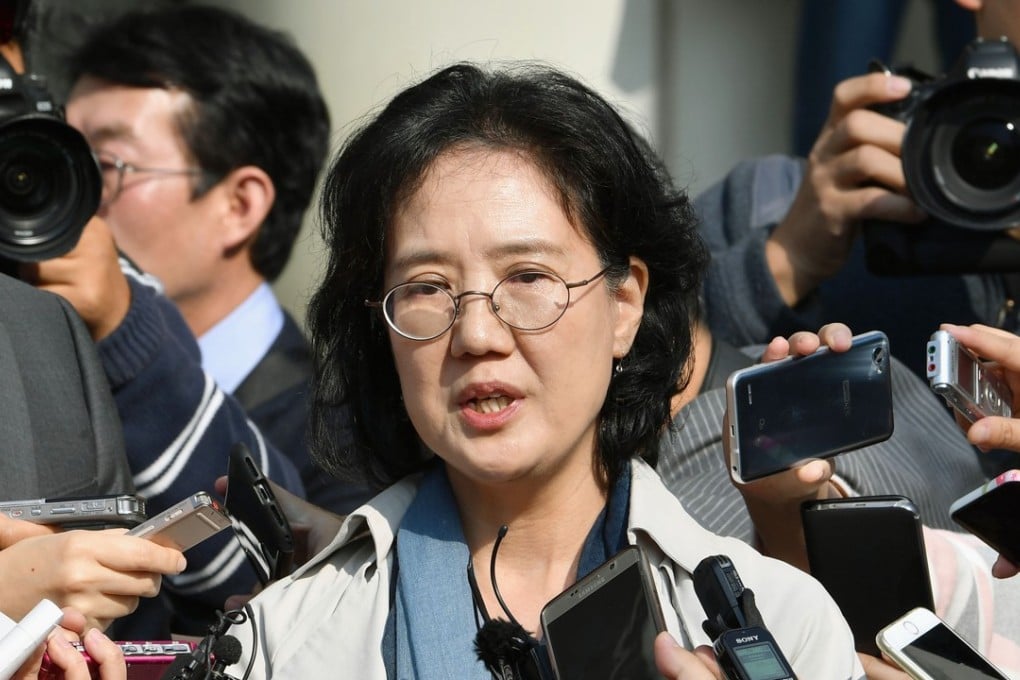South Korean professor fined for book about ‘comfort women’, proving the truth is still dangerous
The case against Park Yu-ha was not about whether her academic research was correct but whether the nine plaintiffs in the defamation suit had been harmed

A Seoul appeal court has slapped a heavy fine on an academic for publishing politically incorrect research, suggesting that despite the success of the candlelight protests that removed Park Geun-hye from the presidency, South Korea still has a long way to go when it comes to free speech and democracy.
On October 27, the Seoul High Court overturned the acquittal of Park Yu-ha, a Sejong University professor and expert in Japanese-Korean relations, fining her US$8,846 for defaming victims of Japanese wartime sexual slavery, known as “comfort women”, with her 2013 book Comfort Women of the Empire.
The book uses the women’s testimonies and historical documents, noting some were prostitutes rather than slaves, some soldiers helped those who were slaves escape and some Koreans worked as “dealers” who made the system possible.
After Park’s indictment for defamation in November 2015, 54 scholars – including MIT professor Noam Chomsky and University of Chicago professor and Korean history expert Bruce Cumings – issued statements in her defence.
But the factual accuracy of the book was irrelevant because in South Korea, a statement does not have to be false to constitute defamation – it merely has to be considered damaging.
“This is partly a cultural thing,” said Chon Jong-ik, professor of constitutional law at Seoul National University. “In the United States, when talking about free speech, racism is an issue. Here, the main factors are North Korea and Confucianism.”
